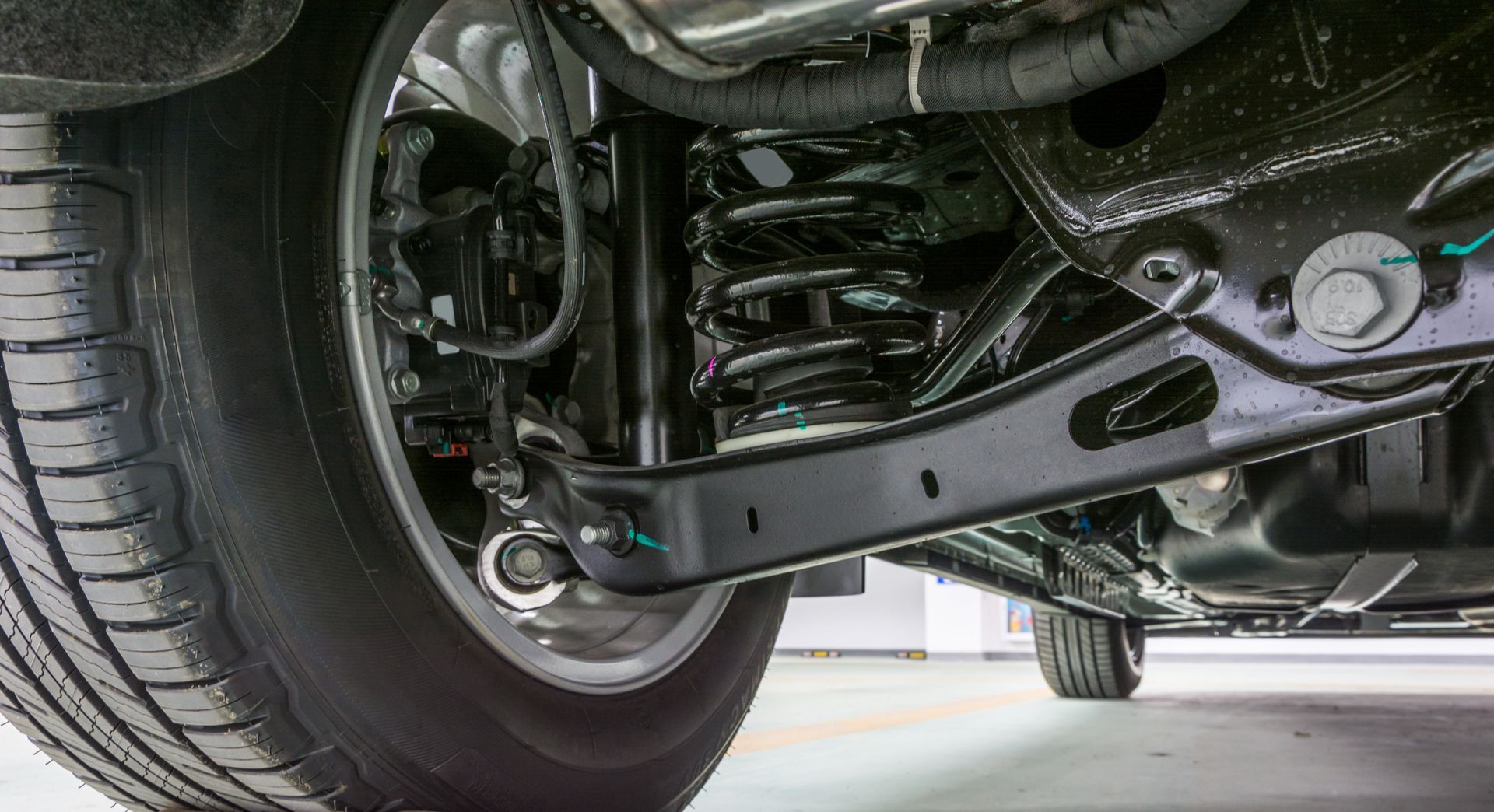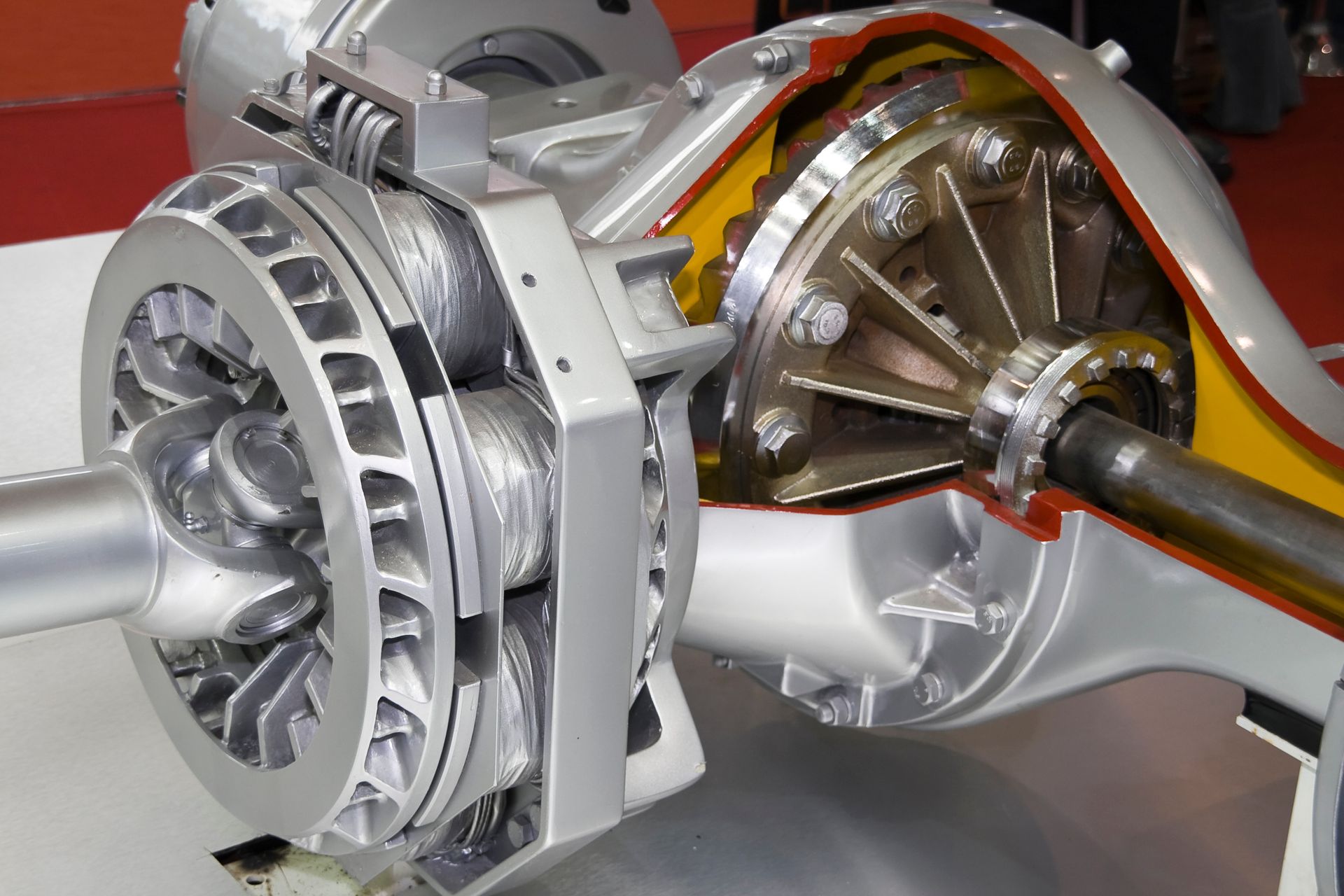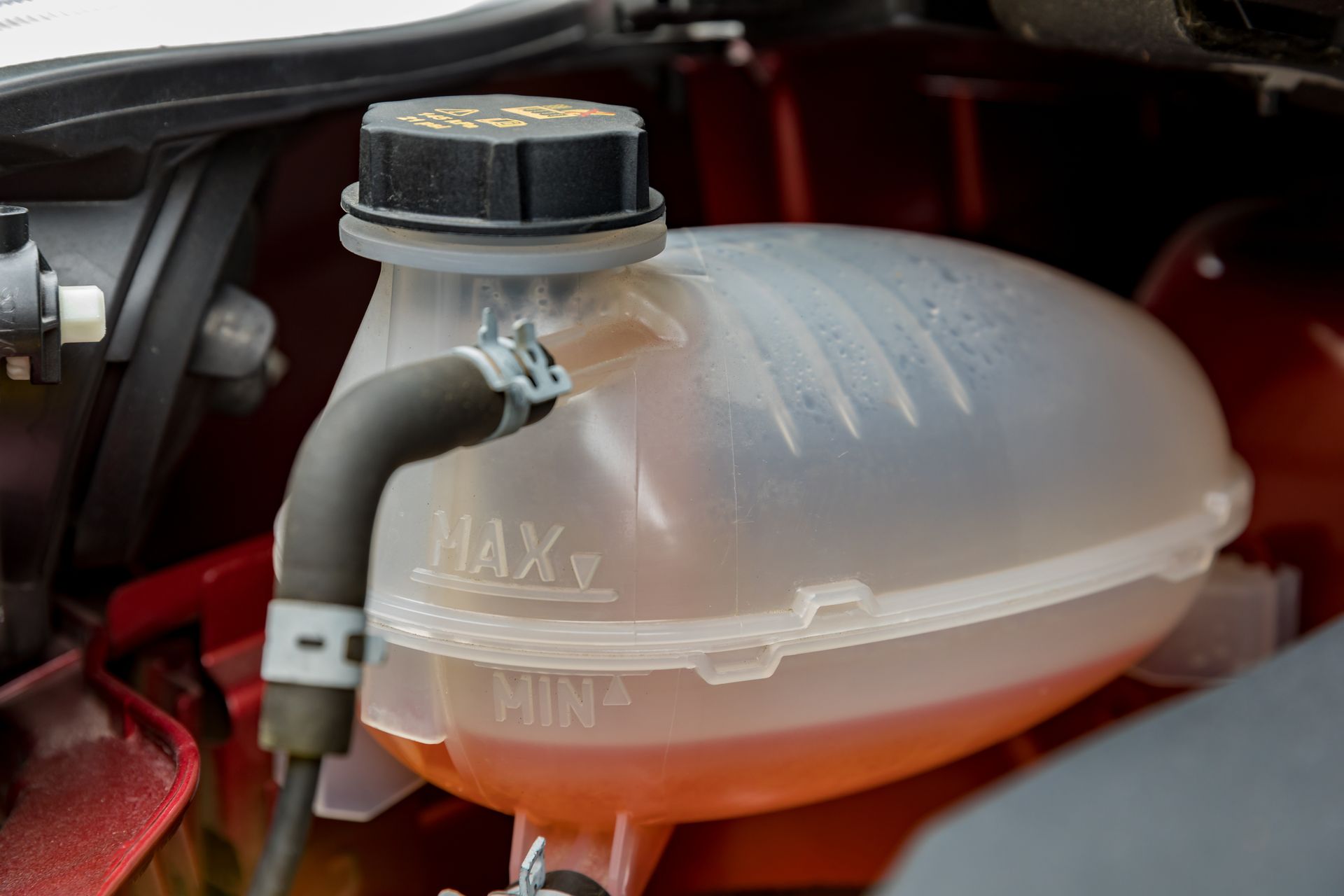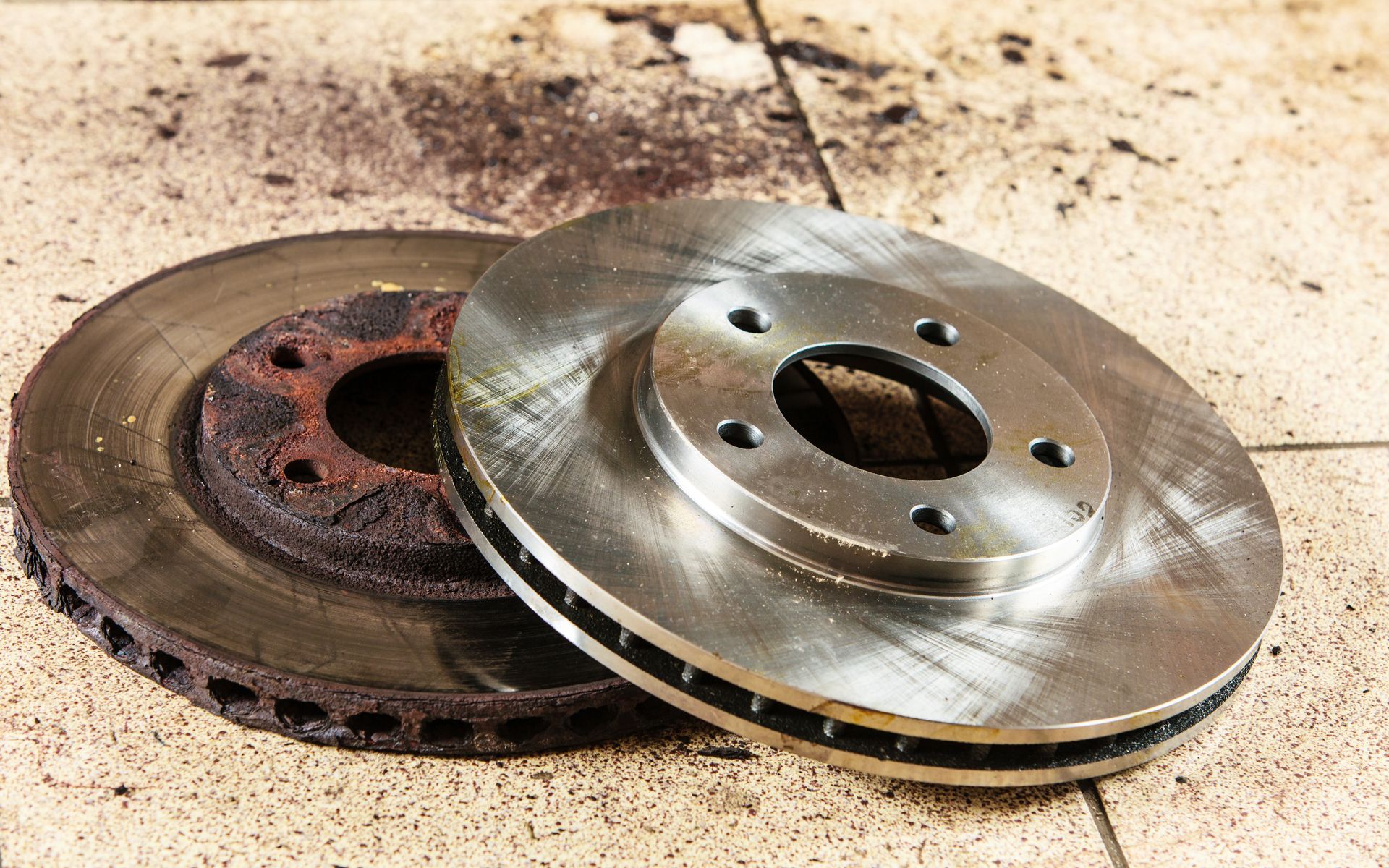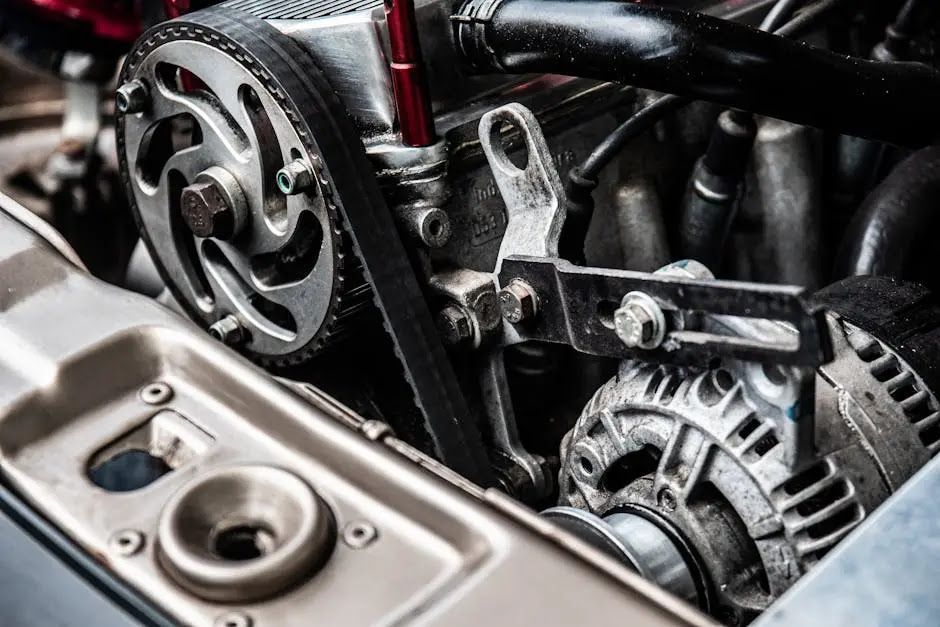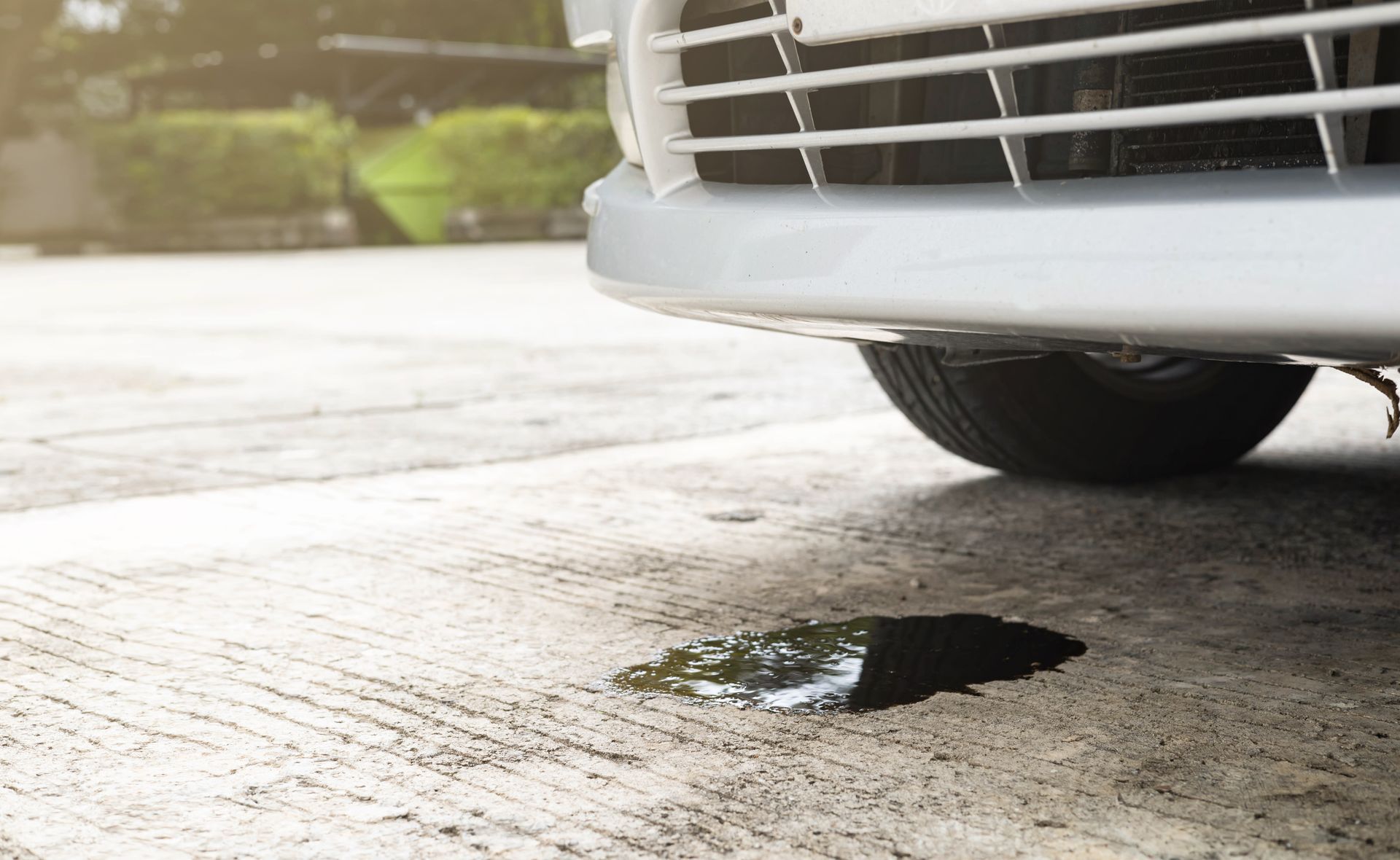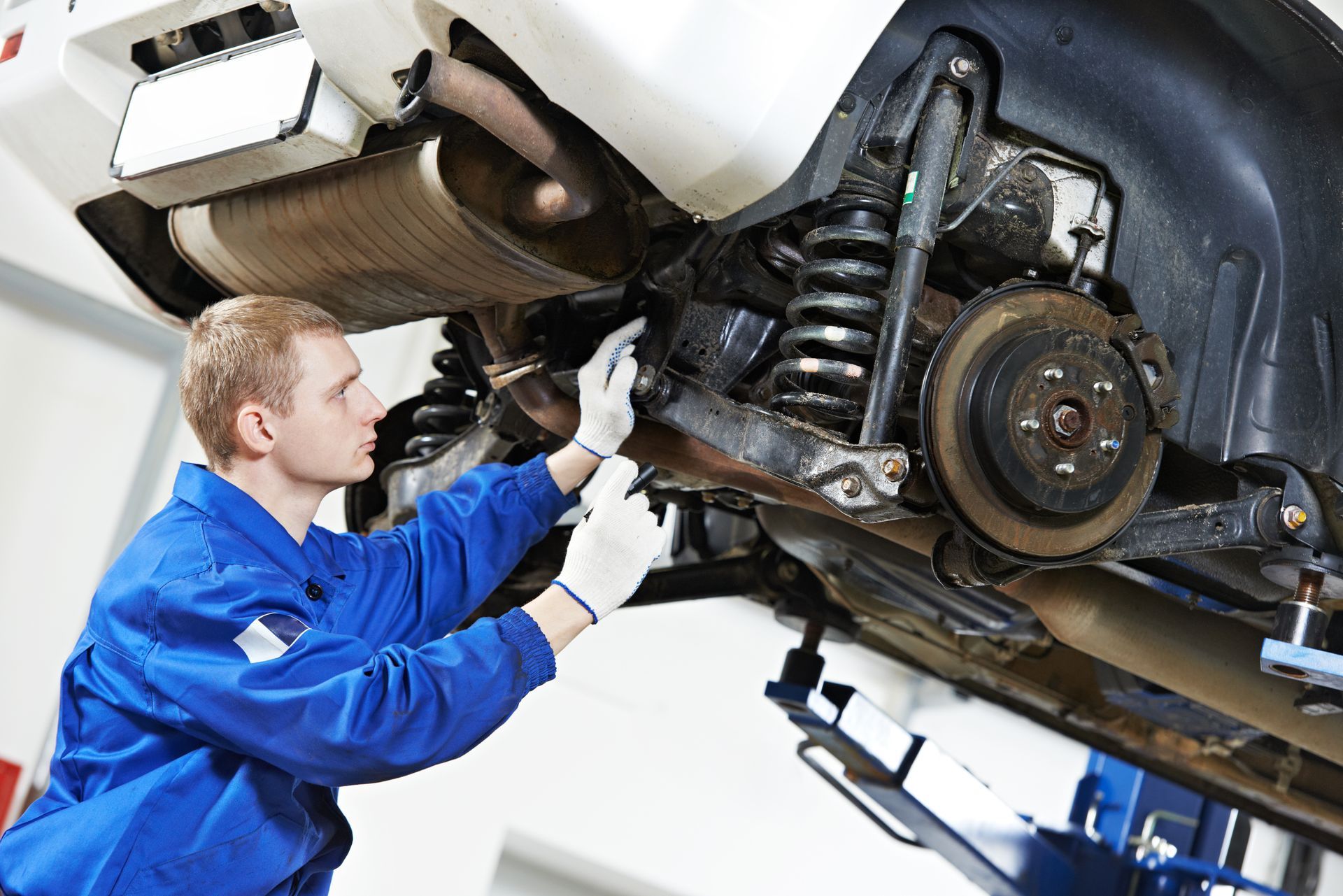Most drivers know that oil changes are important, but beyond “change your oil every few thousand miles,” the details tend to get overlooked. The truth is, there’s a lot more happening during an oil change than simply draining old fluid and pouring in new. And if you’ve ever delayed an oil change thinking it wouldn’t matter much, these facts might change your mind.
Here are six things most people don’t realize about oil changes—and why staying on top of them is one of the smartest things you can do for your engine.
1. Synthetic Oil Is a Game-Changer
If you’ve ever hesitated to pay a little more for synthetic oil, you’re not alone. But synthetic oil does more than just last longer—it protects your engine under extreme temperatures, resists breakdown, and keeps internal components cleaner over time.
Especially in places like Santa Clarita, CA, where weather and traffic conditions can stress your engine, synthetic oil helps maintain better performance and fuel efficiency. It’s also ideal for turbocharged engines and vehicles with longer oil change intervals.
2. Skipping Oil Changes Can Lead to Engine Sludge
When oil stays in your engine too long, it begins to break down and turn into a thick, tar-like substance called engine sludge. This sludge sticks to vital engine parts, clogs oil passages, and prevents proper lubrication.
Left untreated, sludge can lead to reduced power, overheating, and eventual engine failure. The worst part? It builds up quietly, with little to no warning, until major damage is done.
3. Used Engine Oil Doesn’t Just Disappear—It Gets Recycled
Ever wonder what happens to the oil after it’s drained from your engine? It doesn’t go to waste. At most reputable auto shops, including Power Automotive, used engine oil is collected and sent to facilities where it’s cleaned and recycled.
The oil is reprocessed into new lubricants, industrial fuel, or even refined into base oils used in fresh motor oil. Proper recycling helps reduce environmental waste and ensures that even your old oil serves a new purpose.
4. The Oil Filter Is Just as Important as the Oil
It’s easy to focus on the oil itself, but the oil filter plays a critical role in your engine’s health. It catches metal particles, carbon buildup, and other contaminants that circulate as the oil ages.
If the filter gets too dirty or clogged, it can no longer do its job—and in some cases, oil may bypass the filter entirely, exposing your engine to harmful debris. That’s why a proper oil change always includes replacing the filter along with the oil.
5. Driving Style Affects How Often You Need an Oil Change
That “every 3,000 miles” rule doesn’t apply to everyone anymore. Many modern vehicles can go 5,000–7,500 miles between oil changes, and some with synthetic oil stretch to 10,000 miles. But if you do a lot of stop-and-go driving, short trips, or towing, your oil will degrade faster.
These driving habits increase engine stress and prevent oil from reaching optimal temperature, causing more contaminants to build up over time. Always consider how you drive—not just how far—when planning your maintenance schedule.
6. Clean Oil Boosts Engine Efficiency
Fresh oil doesn’t just protect your engine—it actually helps it run more efficiently. When oil is clean and free of debris, it reduces internal friction and heat buildup, allowing your engine to work with less resistance.
That can translate into slightly better gas mileage, smoother acceleration, and a quieter engine. It might not be dramatic, but over time, clean oil pays off in both performance and longevity.
Power Automotive – Oil Service and Engine Maintenance in Santa Clarita, CA
Oil changes are simple, but skipping them comes with real consequences. At
Power Automotive in Santa Clarita, CA, we don’t just change your oil—we make sure your vehicle gets the care it needs to stay reliable and strong for the long haul.

